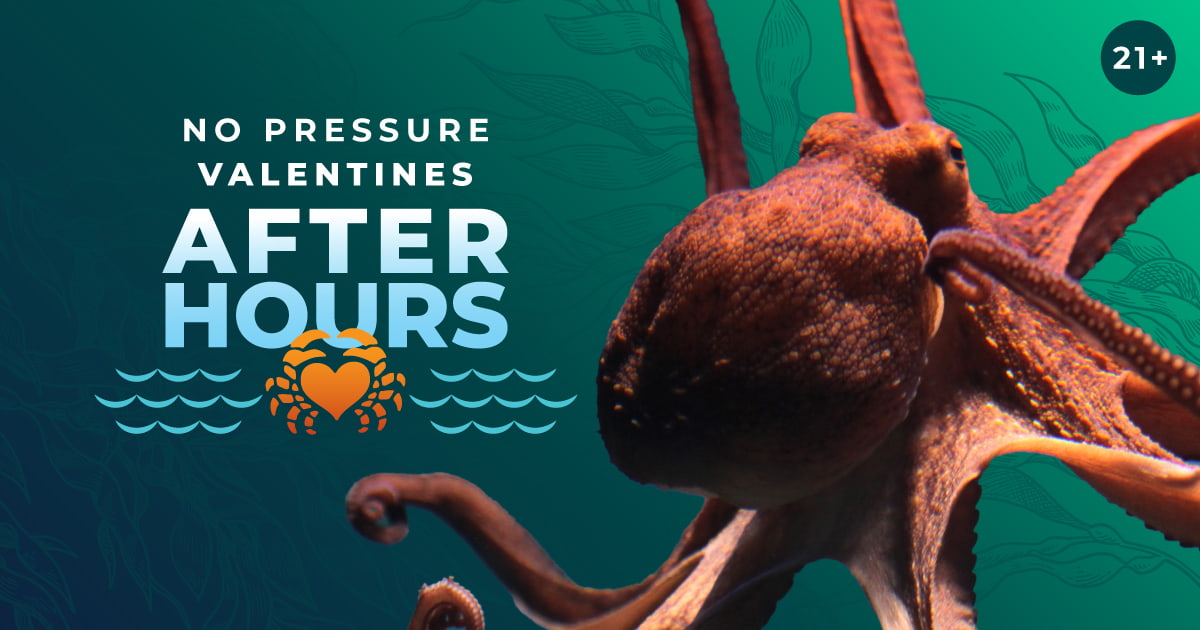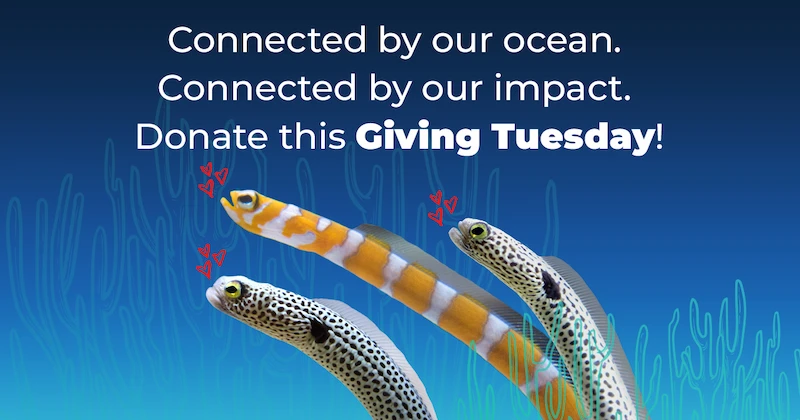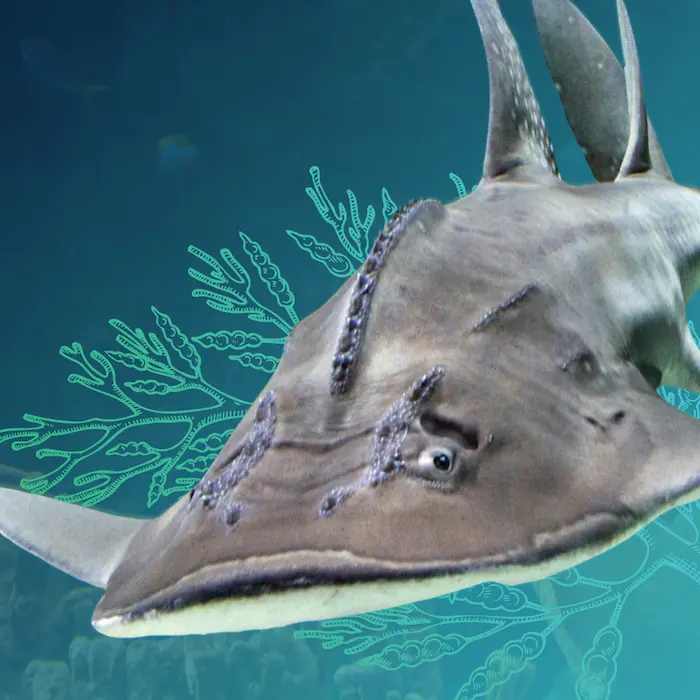Ocean Action Alert
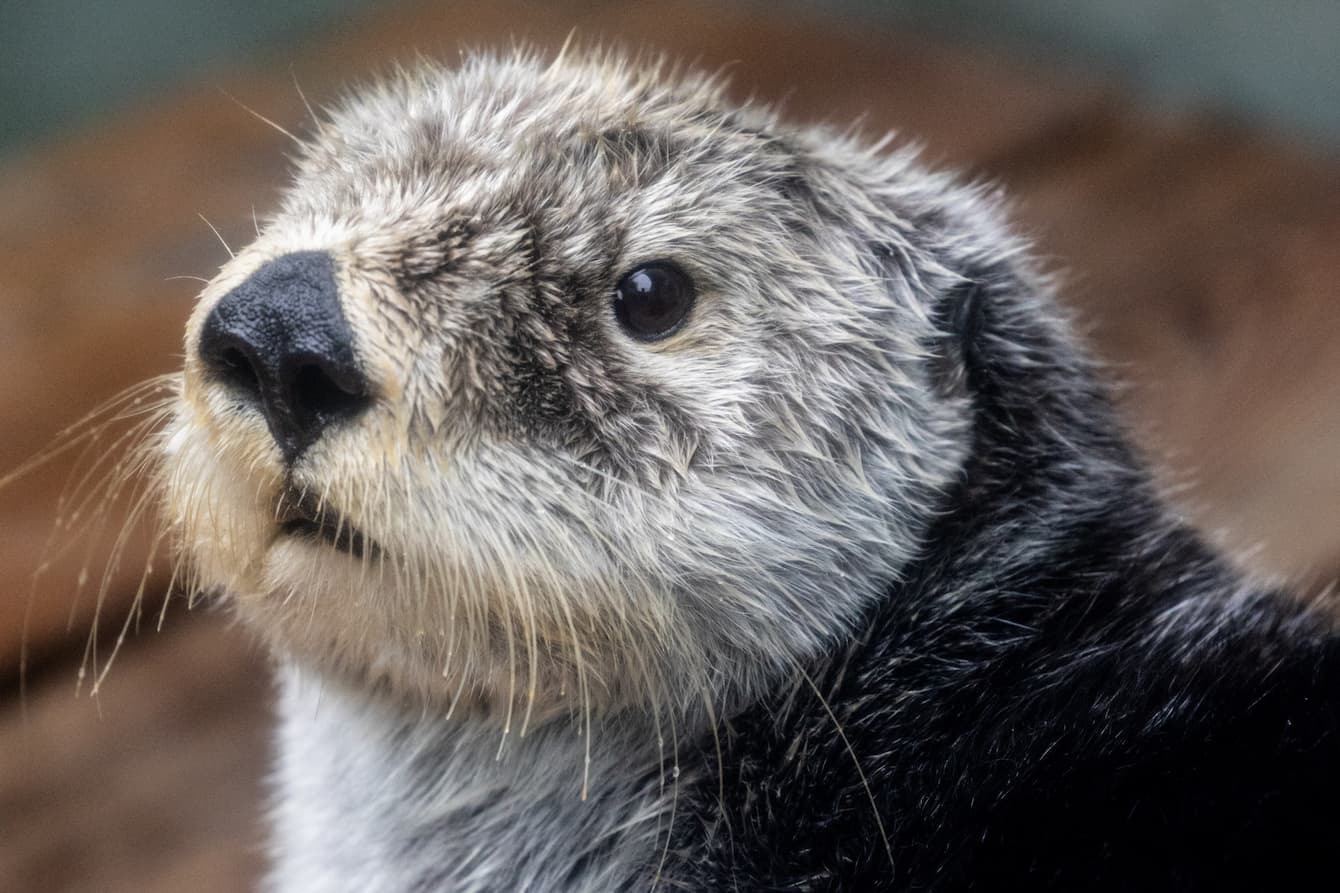
Help protect the Endangered Species Act!
The Endangered Species Act (ESA) is a cornerstone of U.S. environmental policy, protecting myriad species for 50 years. This includes species you can see at Seattle Aquarium, like sea otters! Maintaining the ESA is critical for ongoing recovery and conservation efforts.
You can help protect the ESA by contacting your federal legislators and urging them to protect and strengthen it. Don’t know where to start? We got you covered! Check out our quick and easy guide to contacting your officials.
Taking action for the ocean
Through our mission of Inspiring Conservation of Our Marine Environment, the Seattle Aquarium encourages all members of our community to support the ocean and the living beings that rely on it.
We can do this. The ocean faces some big challenges, including climate change, but by working together we can form new habits to help reduce rising temperatures, toxic pollution and ocean acidification. We can restore habitats and grow animal populations. Together, we can protect our one world ocean. Our future depends on the sustainability of the actions we take today. It’s time to act for the ocean!
Sign up for ocean action alerts
Receive occasional action alerts on ocean-related policy issues, from climate change and environmental justice to orca recovery and plastic pollution.
Start small
Small changes can make a big difference. By letting go of a little convenience and acting intentionally, we can support marine health and fight climate change every day. The ocean’s health depends on it.
Use less gas. Leave the car at home. Consider buying carbon offsets when you fly.
Reduce energy use. Put on a cozy sweatshirt instead of turning up the heat. Turn off lights and appliances when not in use.
Eat less meat and dairy. Choose fresh, seasonal, locally grown produce.
Choose sustainable seafood. Support fisheries that prevent overfishing, minimize bycatch and conserve essential fish habitat. We serve only sustainable seafood in our café!
Protect clean water. Keep your car tires properly inflated and aligned to reduce the wear and tear that releases toxic particles. Fix oil leaks and wash your car at a commercial car wash. Use fertilizers and pesticides sparingly.
Conserve water at home. Sweep driveways and sidewalks instead of hosing, take shorter showers and choose drought-tolerant plants.
Dive deeper
Take a deeper dive into some of the issues impacting the health of the Salish Sea and its inhabitants.
Find strength in numbers
The Seattle Aquarium helps advance science-based policies to conserve and protect our marine environment. Our advocacy work at the local, state and federal levels contributes to climate resilience, sustainable seas and clean waters.
Your participation makes us stronger. Want to stay on top of marine issues?
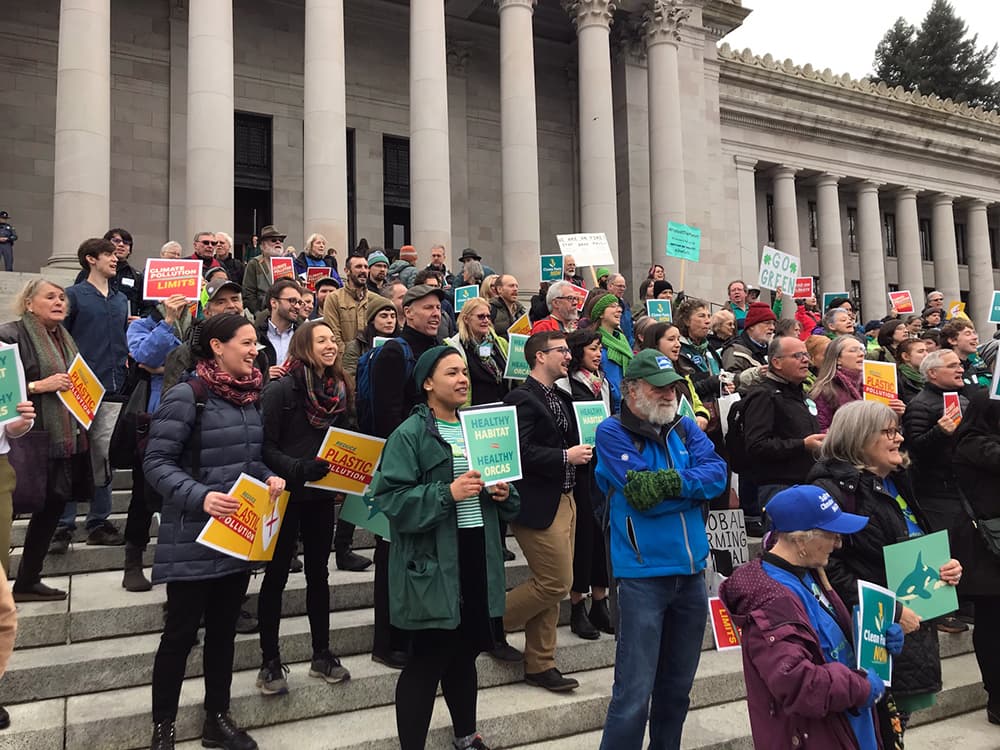
Vote for the ocean
The future of sea otters, orcas, salmon and other amazing marine animals depends on what you mark on your ballot. We hope you’ll join us in voting for local, state and national leaders who will ensure clean air and water, stand up for wildlife and include all communities in decision-making processes. Make sure you’re registered to vote—and vote in every election!
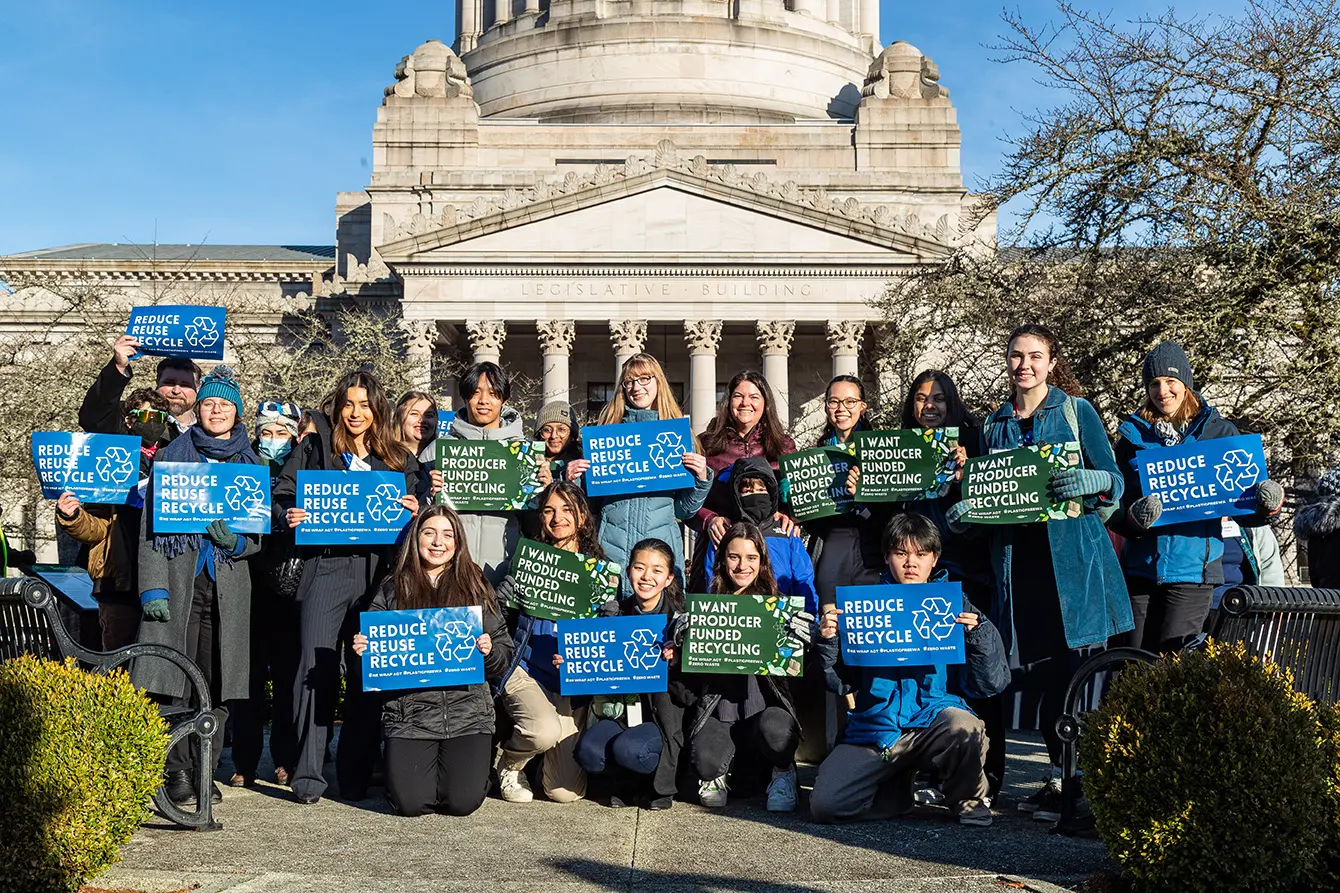
Talk to your representatives
When elected officials receive numerous emails or phone calls on a specific issue, it can mean the difference between a yea or nay vote, a decision to dig deeper into a topic or what position they take time to champion. Learn how to reach out to one of your representatives to discuss an ocean policy issue or share your stance on a specific piece of legislation.
Photo credit: Ricky Osborne

Share your views
Writing an editorial letter to a news outlet is another way to share your view on a current marine policy issue. Decision-makers and their aides rely on local papers as a gauge for public opinion. Your letter to the editor could influence your elected officials—and their constituents—to act on behalf of our one world ocean. We can help you get started!
Photo credit: Ricky Osborne
Stay "current" on ocean policy
Sign up for our Ocean Action Alerts. You’ll receive occasional updates on ocean-related policy issues where your voice matters.
Learn about the Aquarium’s advocacy priorities and accomplishments. As a member of our community, you’re part of this work!

